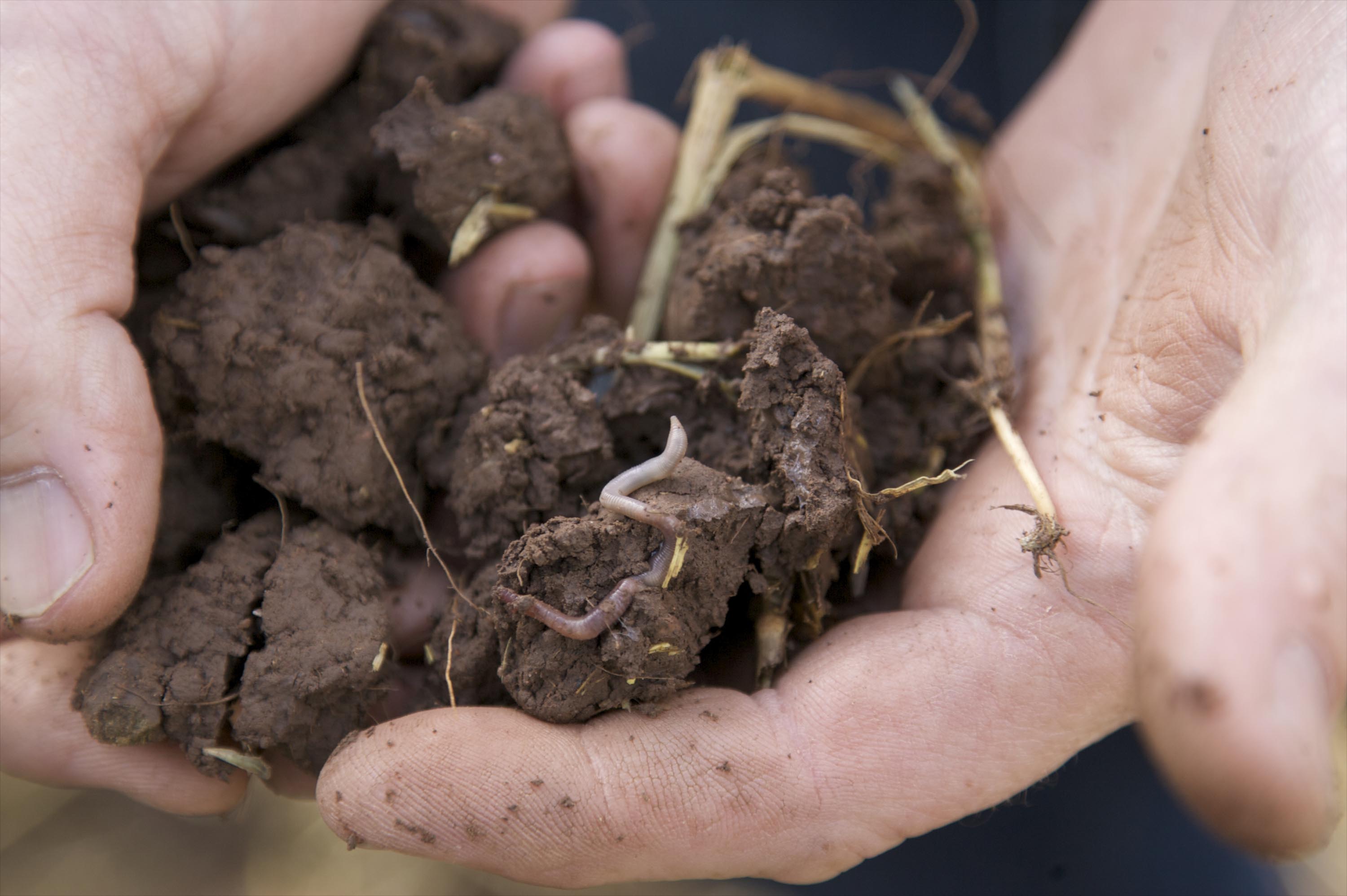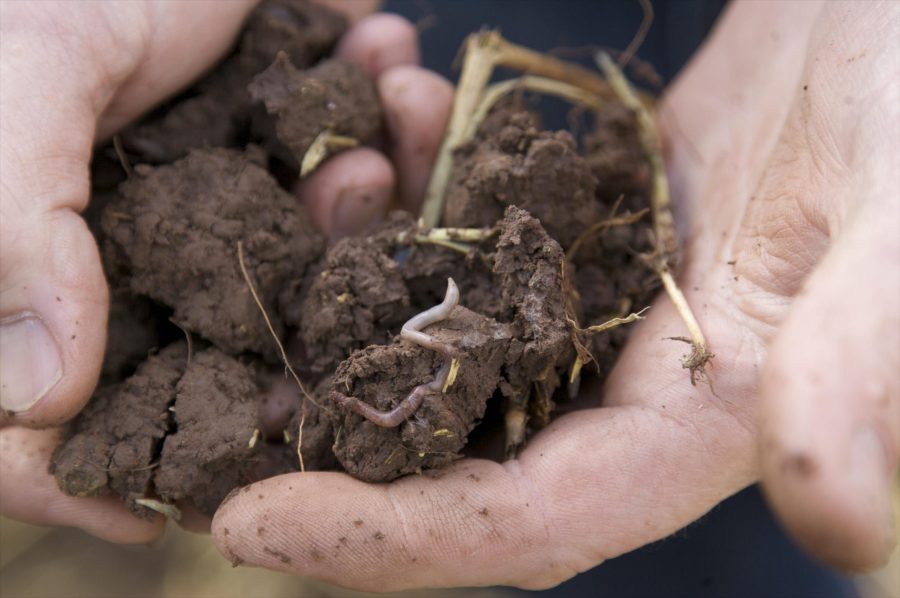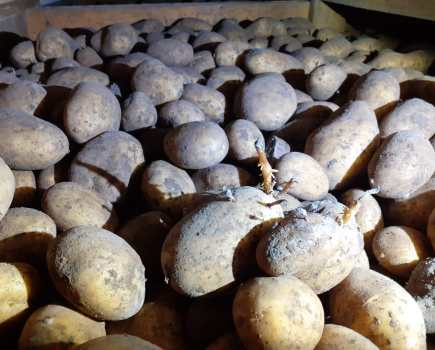
Investing in the health of the nation’s soil is a key cornerstone to help the UK ensure the future of sustainable food production, meet its ambitious net zero commitments and deliver for the environment, according to a new report launched by the NFU.
The NFU’s Foundation of Food report highlights why good soil health is crucial to the nation’s farming systems and is essential to British food production. It explains the benefits healthy soil delivers in reducing flood risk, supporting wildlife habitats and biodiversity, and the sequestration and storage of carbon.
The report welcomes the focus on soil health in Defra’s first Environmental Land Management scheme (ELM), the Sustainable Farming Incentive (SFI). This is already available to farmers and aligns with the report’s findings for incentives to maintain and conserve soil structure. The NFU is calling for grant schemes that encourage uptake of technology to boost productivity through reduced soil compaction and erosion.
Healthy soils
Commenting on the report, NFU vice president, David Exwood, said: “Farmers are in the best position to continue work to support soil health and ensure it for the future. The importance of healthy soils to everyone cannot be underestimated. It underpins our productive farming systems, and delivers huge benefits for the environment, the farmed landscape and offers resilience to climate change.
“Farmers are already doing fantastic work in protecting and managing their soil but with the current fragility of our global food security, it has thrown food production into sharp focus. We need to look carefully at how we protect our number one asset – our soil.
Co-ordinated approach
“This report sets out our vision for a long-term, coordinated approach, which incentivises farmers for improving their soil and accounts for the needs of individual farm businesses. The new ELM scheme being rolled out includes soil. It now needs to evolve and address areas like nutrient management. It’s also vital new payment schemes fairly reward farmers for these public goods and enable them to enhance this vital work.
“By working together to better preserve and enhance this most valuable national resource, we can make progress towards our goal of net zero by 2040, continue delivering for the environment and allow our farmers to produce sustainable climate-friendly food well into the future.”




